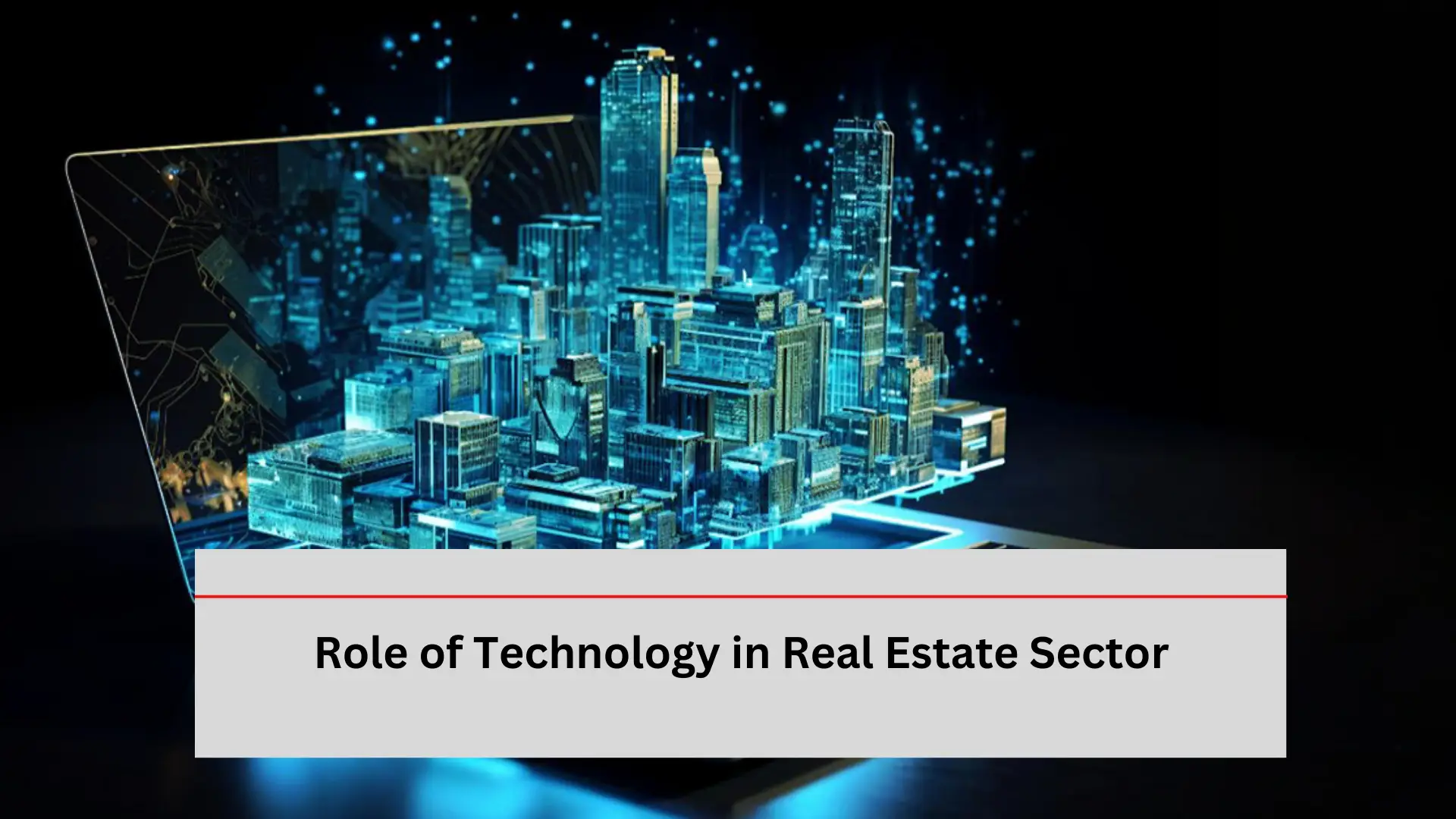In a world that’s shifting gears faster than ever, the real estate sector is undergoing a digital revolution. From the way properties are marketed to how transactions are completed, Real Estate Technology is no longer a buzzword—it’s a game-changer. But what does this mean for buyers, sellers, and industry professionals? Let’s dive in and explore how tech is reshaping the way we interact with real estate today.
The Evolution from Traditional to Digital
It is not necessary to spend hours searching through the newspaper, visiting numerous open houses, or going from one real estate office to another. The real estate industry has evolved over the years, and most of this evolution has been a result of Real Estate Technology. Today, the buyer can look for the property, watch videos of the house, and even get pre-approval for the loan on a mobile phone.
This change from the traditional way of doing things has not only improved efficiency but also changed expectations. The current generation of home seekers demands efficiency, simplicity, and speed in the processes. The industry is rising to this call with intelligent instruments and efficient procedures that assist in easing pressure and improving decision-making.
AI and Data-Driven Decisions
While AI has disrupted many industries, in real estate, it is gradually becoming a useful ally. It can now forecast market trends, assess the value of the property, and suggest the best investment opportunities. Through big data, the agents and developers are in a position to understand buyer behavior, changes in prices, and the demands of the locality.
Real Estate Technology is being applied in the decision-making of professionals. From identifying the areas that are most suitable for development to estimating the returns on investment, technology gives a perspective that the human eye cannot.
Virtual Tours and Augmented Reality
If a picture is worth a thousand words, then a virtual tour is worth a million. Augmented Reality (AR) and Virtual Reality (VR) are the two technologies that are bridging the real world and the imaginary world. Through a few clicks of the mouse, a potential buyer can take a virtual tour of the house, move through the house, and get an idea of the size of the rooms without physically stepping into the house.
These are not mere technological enhancements that are incorporated into the products to make them more appealing. They are useful tools that allow users to save time, avoid meetings and conflicts in schedules, and increase the level of openness. For foreign investors or buyers who may be coming from other cities, AR and VR have made property search very easy. It is another area where real estate technology enhances the buyer experience while making it easier for sellers and agents.
Blockchain and Smarter Transactions
As any person who has ever purchased a house will agree with me, the paperwork is the most tedious part of the process. However, most of that friction is set to be eliminated by blockchain technology. Smart contracts are advantageous in that they enable the execution of contracts in a short time and with fewer intermediaries. The transaction process is faster, and the process is less likely to be fraudulent as compared to the traditional methods.
These digital contracts also create an ownership and history record that cannot be manipulated, which enhances the trust of all the parties. The real estate industry will be more efficient and secure with the help of blockchain technology as it is being adopted in organizations.
IoT and Smart Homes
Smart homes are not only technologically advanced but also fashionable; this is due to the IoT. Today’s buyers look for homes with security systems, smart lighting, temperature control, and energy-efficient devices. Smart devices are not only improving the quality of homes but also making them efficient and affordable.
This demand is putting pressure on developers and builders to think twice about their projects. Real Estate Technology has observed that properties with technology have been sold at a higher price and are more preferred by the new generation. The result? A smarter and responsive home that is able to comprehend the requirements of the people living in it.
Social Media and Digital Marketing Power
In the modern world that is characterized by the use of the internet, social media is not a luxury but a necessity. Instagram, Facebook, and YouTube are some of the social media platforms that can be used to present properties in a more appealing way. It is now easier for agents to cover more ground in a shorter amount of time through video walk-throughs, live Q&A sessions, and ads.
This level of interaction has brought a drastic change in the real estate marketing industry. The consumer does not want to be sold, but he or she wants to be engaged. However, social media is the most effective tool for sharing stories, getting feedback from customers, and gaining their trust. When these tools are integrated into a larger Real Estate Technology plan, agents stay engaged and visible.
Tech-Enabled Property Management
The technological process does not stop with the sale of a property. Another area that has been enhanced by the use of digital platforms is property management. From collecting rent to maintenance issues and even communicating with the tenants, everything can be done remotely.
This is especially useful for those landlords who own several units or investors with properties in different areas. It is now possible to maintain everything in a centralized way with the help of dashboards and AI-supported platforms with little difficulty. Marketing of homes is not the only area where technology is of help; it also plays a role in the management of homes.
Mobile Apps: The New Real Estate Agents
When it comes to Real Estate Technology, one cannot fail to mention mobile applications. These little icons on our phones have become real estate assistants. They enable users to receive notifications, schedule viewings, and refine the search to obtain the best properties.
The mobile-first platforms have enabled first-time buyers to have access to tools and information that were previously available to professional investors only. From calculating the amount of money that one needs to borrow to hiring a lawyer to help in the purchase of a home, mobile applications have become essential in the lives of homebuyers.
What’s Coming Next?
The real estate industry is no exception to the fact that technology is always changing and developing. We are now moving to a world where personalization will be the key. Consider services that offer houses not only based on price and location but also based on lifestyle, occupation, and mode of transport. AI will continue to be progressive, flexible, and efficient in every phase of the home journey.
At the same time, sustainability will be at the core of the company’s activities and its relations with the external environment. Sustainability, green buildings, carbon-neutral structures, and energy-efficient technologies are all associated with the technology industry. Real estate is not only smart but also sustainable in the future.
Why It All Matters
In a nutshell, it can be stated that technology is making real estate more human. It is removing barriers, adding more light to the process, and making the dream of owning a home come true. The search for a home remains a very emotional process, but it is a process that is being backed up and enriched by technologies that help people make better decisions with less effort.
A brief on what is new in the real estate technology industry:
- Virtual tours and augmented reality are the new trends that are changing the way people view properties.
- AI is being applied to make better investment decisions through the use of data.
- Blockchain is streamlining transactions securely.
- Smart homes are becoming the new living environment due to the Internet of Things.
- Smartphones have made the buyer the king of the castle.
Conclusion
The advancement in technology is slowly and steadily penetrating almost all sectors of the global economy, and the real estate sector is among the most impacted sectors. It is not a luxury but a necessity to adapt to this new age of innovation to achieve growth and sustainability.
At Avani Housing, we are devoted to tradition with transformation. We are committed to delivering smarter, safer, and more satisfying spaces to our customers with the help of Real Estate Technology. The future of real estate is already in the making, and Avani Housing is already in the process of building it.



Leave A Comment